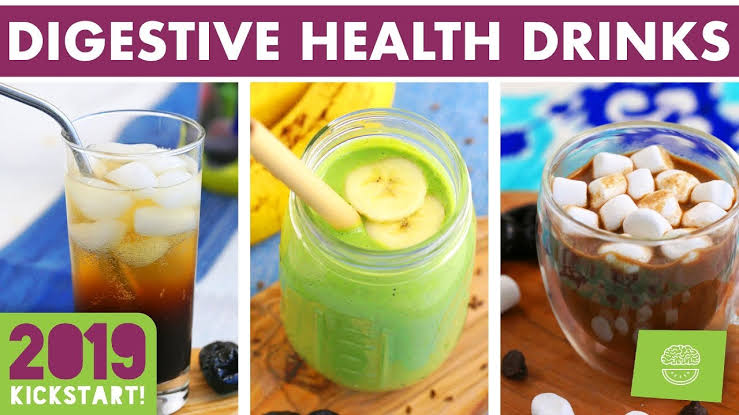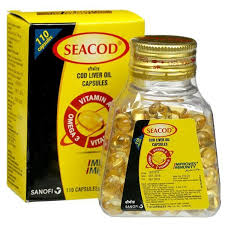What is Vitamin E?
Vitamin E is an anti-inflammatory and antioxidant agent that has many health benefits for your body. The substance helps in cell regeneration and is believed to strengthen your immune system. But does it help treat inflammatory acne? In theory vitamin E could be beneficial, but more research is needed to determine if it is superior to other widely used acne treatments. This also takes into account how to use the product properly; For example, should vitamin E capsules be taken or used topically?
Vitamin E formulations
The most common forms of topical vitamin E include oils, serums, and creams. Other substances to reduce dark spots and fight acne can be found in such treatments, including vitamin A and C. Consider using an anti-aging product in one of the formulations if your acne spot treatment is Your primary concern.
Spot treatments may be more effective for acne breakouts. Look for topical applications with vitamin E (alpha-tocopherol). Another option is to mix a lightweight carrier oil, such as jojoba, with pure vitamin E oil before applying it directly to blemishes. Make sure your diet contains enough vitamin E. By boosting your complexion, you can benefit your overall skin health.
The following foods are rich in Vitamin E:
Sun flower oil
corn oil
Soy oil
almonds
Sunflower seeds
hazelnut
fortified cereals
If you don’t get enough vitamin E from your diet alone, your doctor may advise you to take a supplement. Adults should consume 15 milligrams of vitamin E per day, according to the National Institutes of Health (NIH). Breastfeeding women need an additional 19 mg per day.
What does the research say?
The main conclusion from the study done so far on vitamin E for skin is that it works better topically. In terms of consumption, it is believed that you can get enough of it through a balanced diet because oral vitamin E supplements may be beneficial for the skin. In general, but it does not affect acne. They were beneficial for three months, according to one study. However, because zinc was also given, it is difficult to tell if the zinc or vitamin E was the active ingredient



